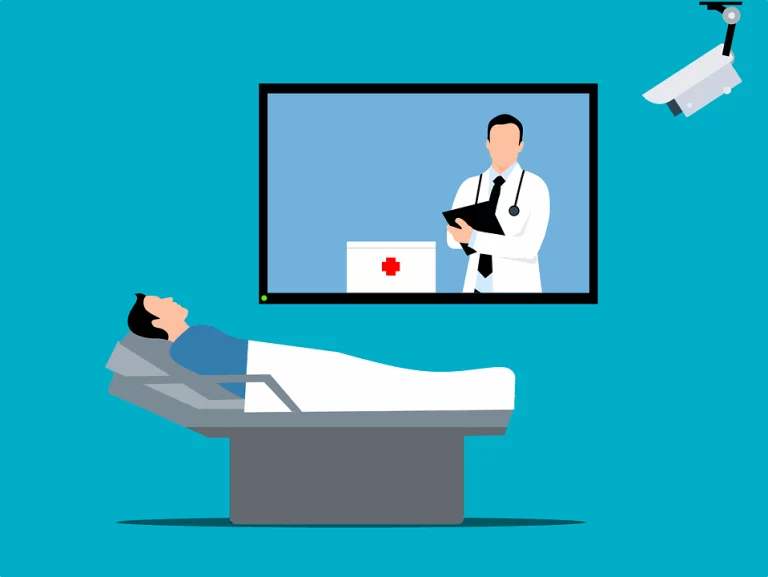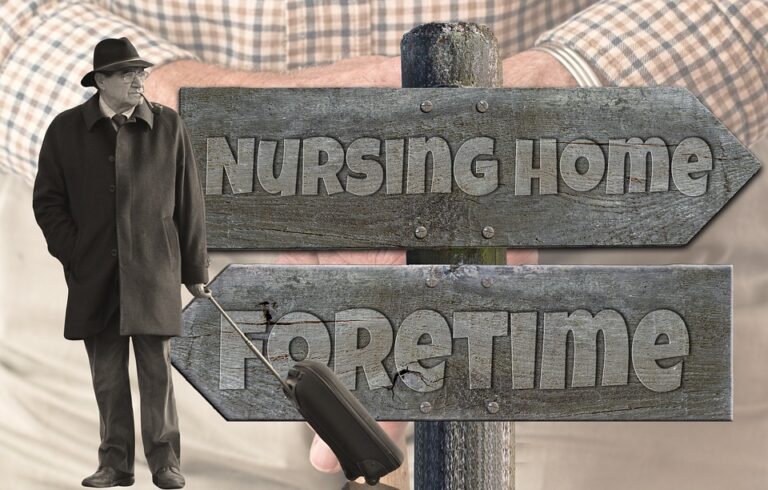Book Appointment Now

Patricia Benner’s Novice to Expert Model
Patricia Benner’s Novice to Expert Model outlines the progression of nursing expertise through five stages of development. Based on the Dreyfus Model of Skill Acquisition, it emphasizes the importance of experiential learning in building clinical competence. By understanding this framework, nurses and educators can effectively support career growth and foster professional excellence. This article examines Patricia Benner’s Novice to Expert Model, highlighting its principles, stages, and applications in nursing practice.
Get a custom paper help about Patricia Benner’s Novice to Expert Model
Order Custom Nursing Paper
Core Concepts of Patricia Benner’s Model
Benner’s model focuses on how nurses acquire skills and knowledge over time through hands-on experience and situational understanding.
1. Experience and Competence
Experience plays a critical role in developing clinical competence. Benner argues that theoretical knowledge alone is insufficient; nurses must apply learning in real-world situations to gain expertise.
- Example: A newly graduated nurse may understand medication administration theoretically but gains competence through repeated practice in clinical settings.
2. Intuition and Expertise
With experience, nurses develop intuitive judgment, enabling quick, accurate decision-making in complex situations. This intuition stems from pattern recognition honed over time.
- Example: An expert ICU nurse might recognize subtle signs of sepsis before diagnostic tests confirm the condition.
3. Contextual Understanding
Benner’s model emphasizes that nursing knowledge is contextual, requiring adaptation to specific patient needs and environments.
- Example: A nurse caring for a child with asthma in a hospital applies knowledge differently when educating parents for home care.
The Five Stages of Skill Acquisition in Nursing
1. Novice
- Characteristics: Beginners with no practical experience; rely strictly on rules and guidelines.
- Focus: Learning basic tasks and following protocols.
- Example: A first-year nursing student administering medication under supervision.
2. Advanced Beginner
- Characteristics: Nurses with limited experience; begin to recognize recurring patterns and prioritize tasks.
- Focus: Gaining confidence in clinical skills while needing guidance.
- Example: A graduate nurse identifying common symptoms of dehydration but needing support for treatment decisions.
3. Competent
- Characteristics: Nurses with 2-3 years of experience; demonstrate efficiency, organization, and the ability to plan care.
- Focus: Managing multiple patients and anticipating care needs.
- Example: A nurse in a busy surgical ward effectively prioritizing post-operative patient care.
4. Proficient
- Characteristics: Nurses with significant experience; view situations holistically and foresee potential complications.
- Focus: Developing intuition and adapting care plans dynamically.
- Example: A labor and delivery nurse predicting complications based on subtle fetal distress indicators.
5. Expert
- Characteristics: Nurses with deep expertise; operate with a high level of intuition and confidence.
- Focus: Rapid decision-making in complex or unfamiliar scenarios.
- Example: An ER nurse diagnosing a rare condition based on experience despite limited information.
Principles of Patricia Benner’s Model
- Knowledge Grows Through Experience: Nurses evolve by applying theoretical knowledge in practical settings.
- Supportive Learning Environment: Effective mentorship and collaboration facilitate skill acquisition.
- Holistic Understanding: With expertise, nurses shift from task-focused care to comprehensive, patient-centered care.
Applications of Benner’s Model in Nursing Practice
1. Clinical Education and Mentorship
Benner’s model provides a roadmap for structuring nursing education and mentorship programs.
- Example: Preceptors can tailor guidance to match a new nurse’s developmental stage, transitioning from direct instruction for novices to collaborative problem-solving for advanced beginners.
2. Performance Assessment
The model aids in evaluating nurses’ competencies and identifying areas for improvement or further training.
- Example: A nurse manager might use Benner’s framework to assess staff readiness for advanced roles, such as charge nurse positions.
3. Career Progression
Understanding the stages of development helps nurses set realistic goals and seek opportunities to advance their skills.
- Example: A competent nurse may pursue certification in critical care to progress toward proficiency.
4. Enhancing Patient Care
By fostering expertise, Benner’s model ensures high-quality, intuitive, and efficient nursing care across all levels of practice.
- Example: Expert nurses in a pediatric oncology unit contribute to better outcomes through their nuanced understanding of disease progression and emotional support.
Benefits of Patricia Benner’s Model
| Benefit | Explanation |
|---|---|
| Structured Skill Development | Provides clear stages for nurses to track their growth and expertise. |
| Mentorship Guidance | Helps preceptors and mentors support nurses effectively at different levels. |
| Improved Patient Outcomes | Encourages intuitive and holistic care as nurses gain expertise. |
| Customizable Education | Adaptable to various nursing specialties and clinical environments. |
Critiques of Patricia Benner’s Model
Despite its strengths, the model faces some limitations:
- Lack of Quantifiable Metrics: Progression through stages is subjective and may vary between individuals.
- Time-Intensive: Reaching higher levels requires years of experience, which may challenge fast-tracked programs.
- Context Dependency: Real-world applications can differ due to institutional policies or resource limitations.
Patricia Benner’s Novice to Expert Model provides a valuable framework for understanding and guiding nursing development. By emphasizing experiential learning, it bridges the gap between theory and practice, fostering clinical competence and professional growth. Whether through mentorship, education, or direct patient care, this model equips nurses to excel at every stage of their career.
Call to Action:
Discover how Patricia Benner’s Novice to Expert Model can shape your nursing journey, enhancing skills and delivering exceptional care at every stage of your profession! Get a Custom nursing essay
Also read:
- NUR 502 DQ Comment on the usefulness of Benner’s work in your present or future role
- HCS 430 Week 3 Assignment Analysis of Benner’s Novice to Expert Theory
- Benner’s Stages of Clinical Competence Discussion







